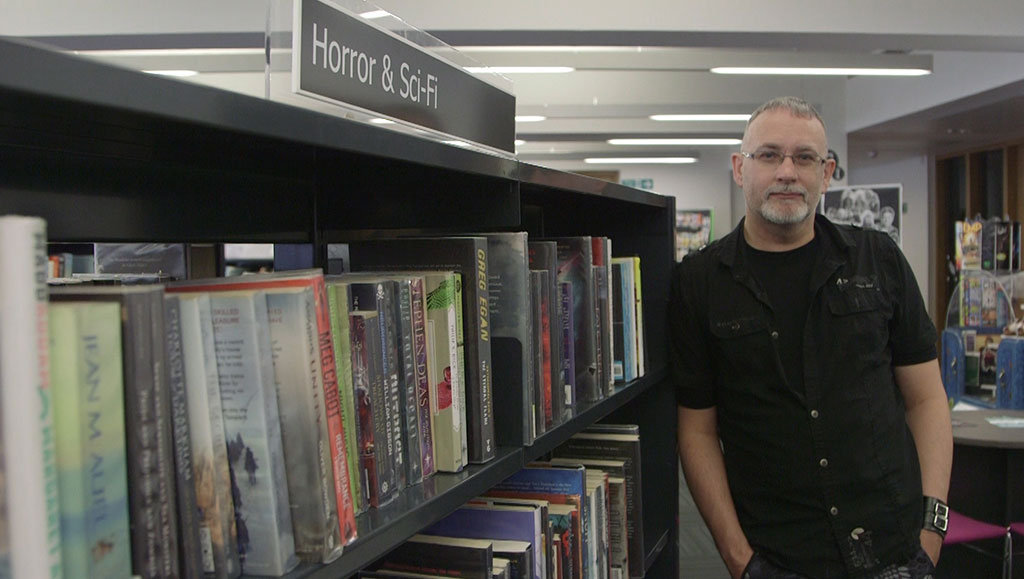Iain McKinnon is a successful author with a masters degree in creative writing and 5 novels in print. Written off as stupid and lazy at school it wasn't until he was 33 that he was identified as being dyslexic.
In conjunction with Dyslexia Scotland, Iain is donating free places to his Creative Writing Workshops.
Places are free to aspiring authors with dyslexia from the ages of 16 upwards.
Places are free to aspiring authors with dyslexia from the ages of 16 upwards.
Spaces will be limited.
Workshops will take place online via Zoom, Sunday evenings 8pm -9.30pm.
You can access the free tickets when you book the session by using the Promo Code Dyslexia
Please see the demonstration below - refunds can not be made if you accidental buy a ticket at full cover price.
To book your place on the course please visit Eventbrite.
Please see the demonstration below - refunds can not be made if you accidental buy a ticket at full cover price.
|
|
|


